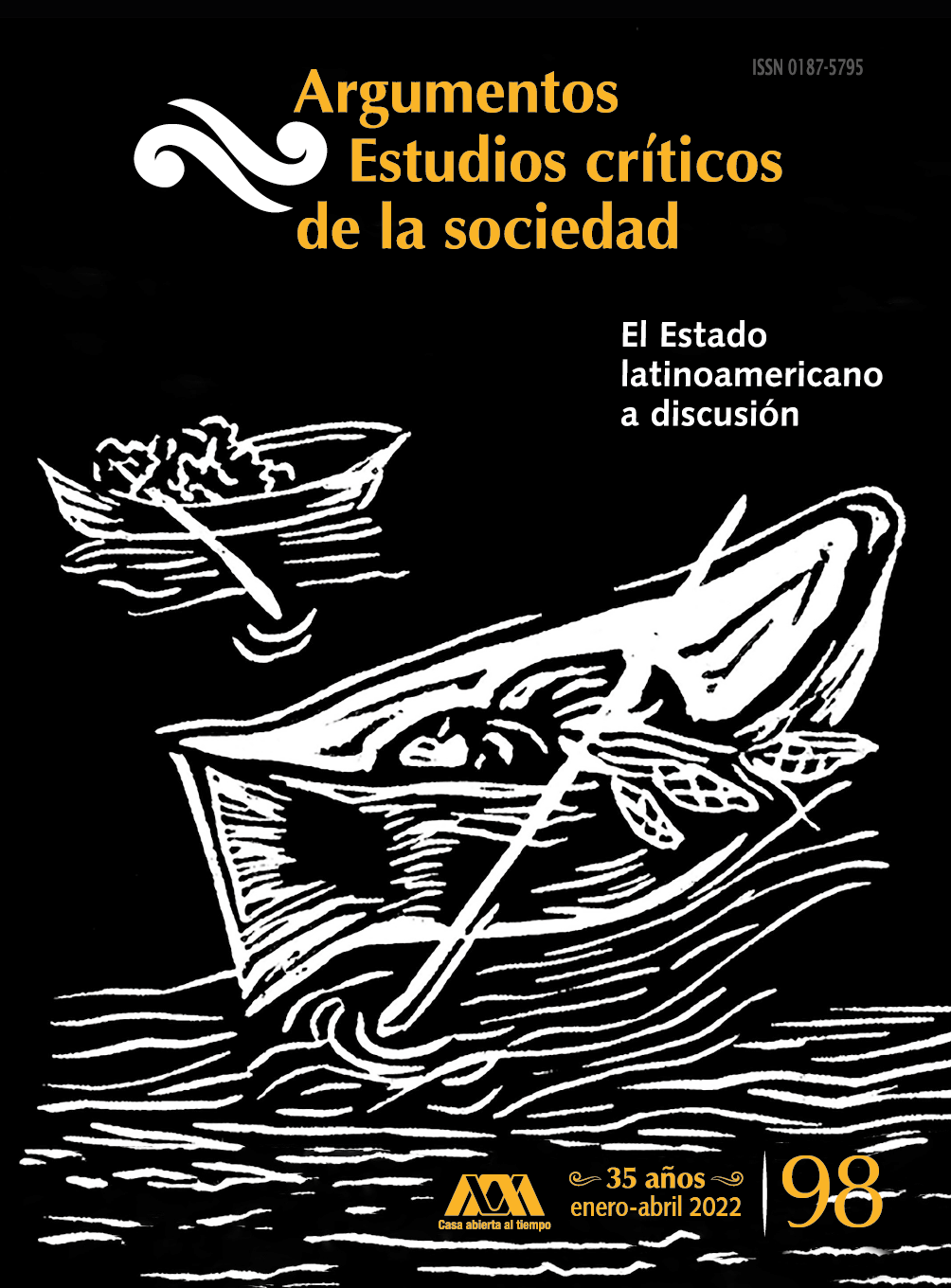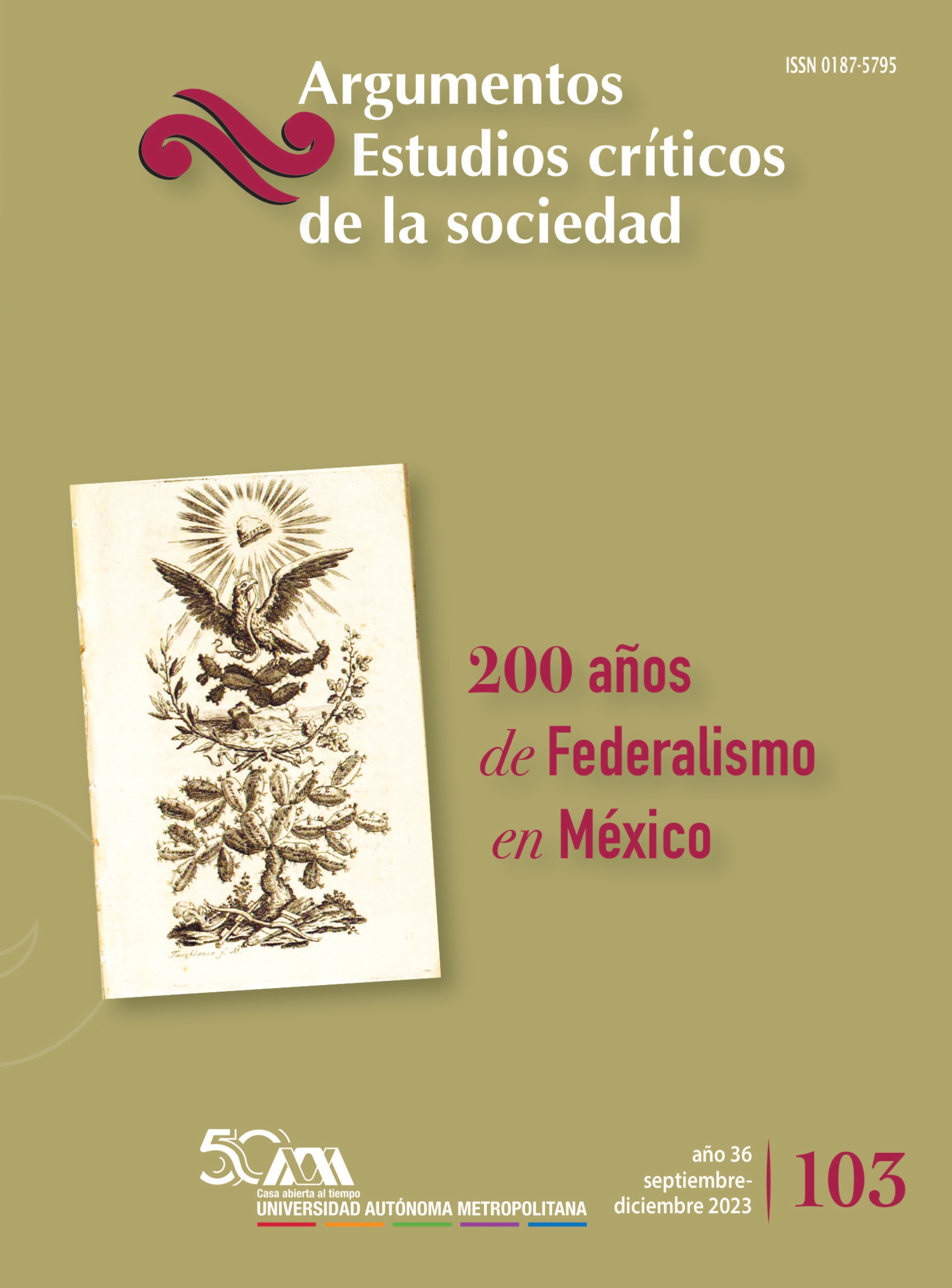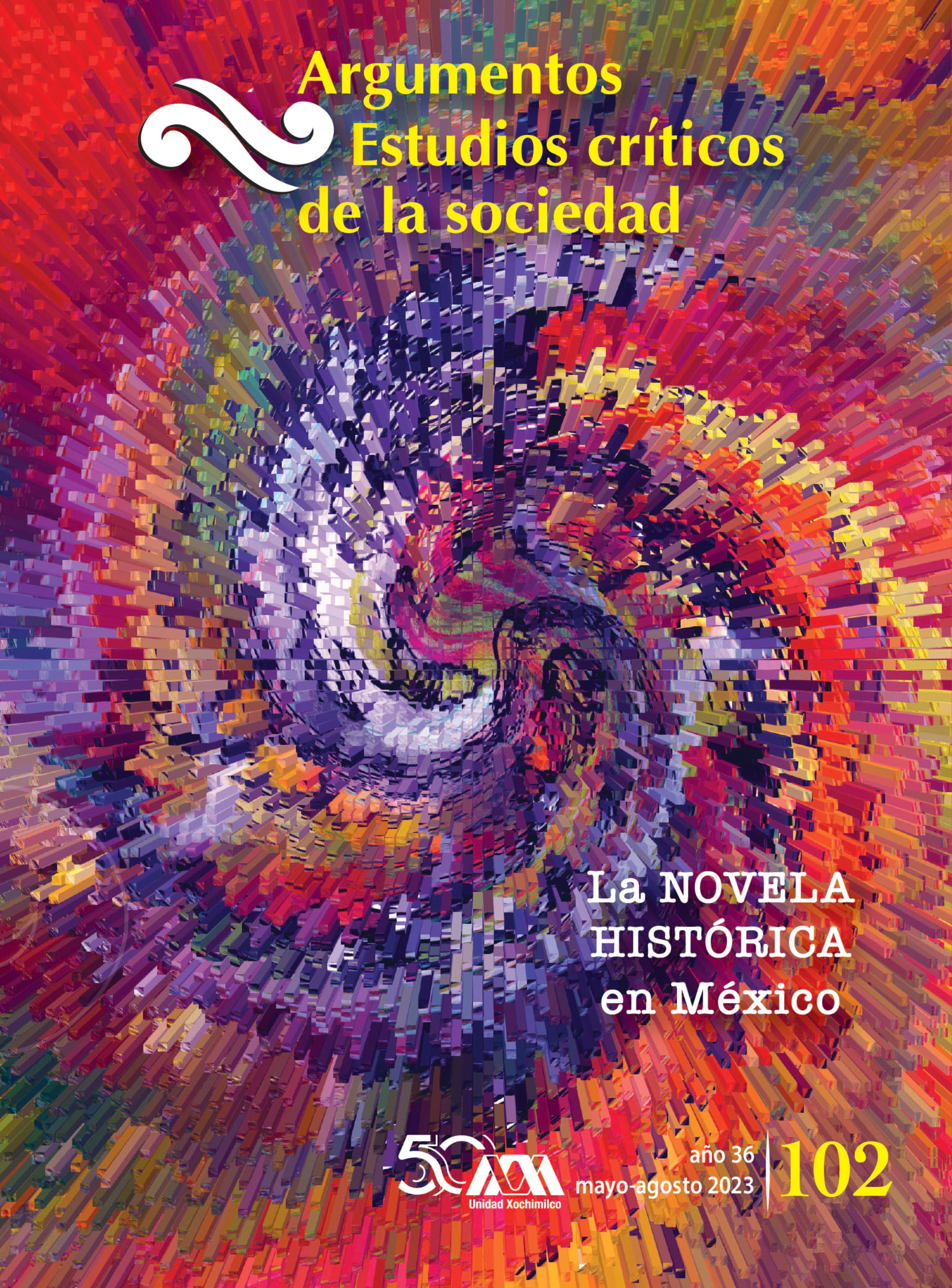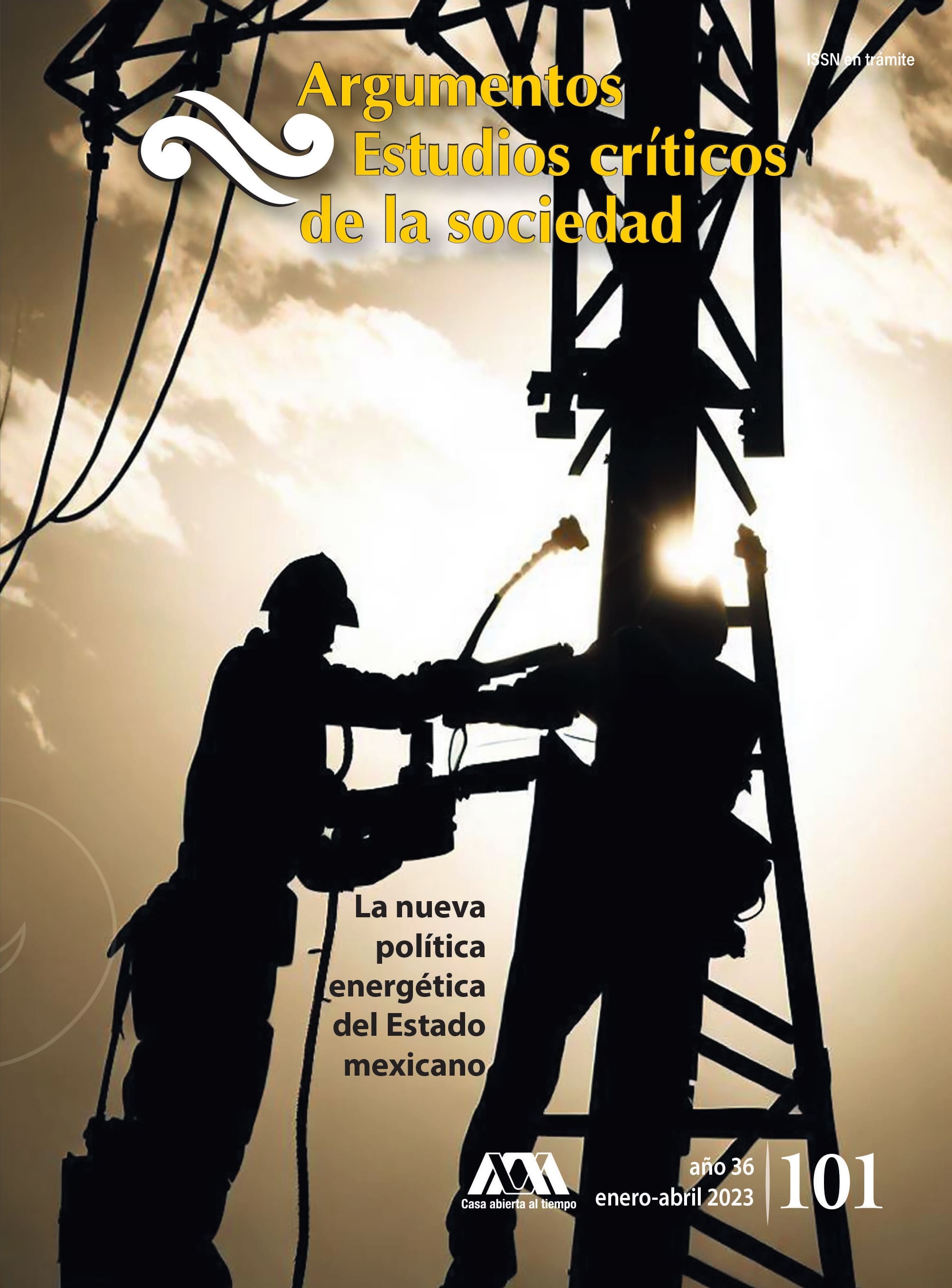The materialist idealism of Marx
The Hegelian heritage of the Critique of political economy
DOI:
https://doi.org/10.24275/uamxoc-dcsh/argumentos/202298-03Keywords:
Marx, Hegel, Hegelian Logic, Critique of Political EconomyAbstract
This article examines some aspects of the complex relationship between Marx’s thought and Hegel’s philosophy. The thesis that is supported is that Marx is indebted to the Hegelian dialectic in the construction of his Critique of Political Economy, and that recognizing this means maintaining that the great work of the Thinker of Trier is inscribed in the register of political philosophy. The reason is that Capital is the name of the contradictory relationship of work with itself, which is equivalent to showing that it is power invested with authority.
Downloads
Published
2022-09-02
How to Cite
Ávalos Tenorio, G. (2022). The materialist idealism of Marx: The Hegelian heritage of the Critique of political economy. Argumentos Estudios críticos De La Sociedad, (98), 69–89. https://doi.org/10.24275/uamxoc-dcsh/argumentos/202298-03








